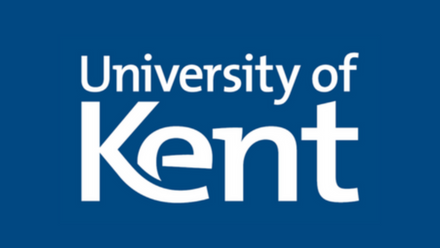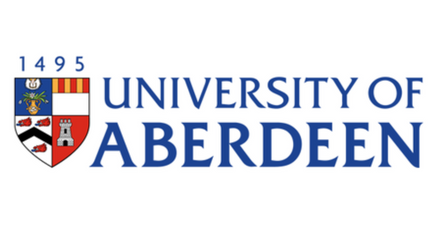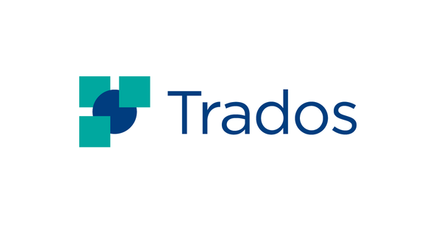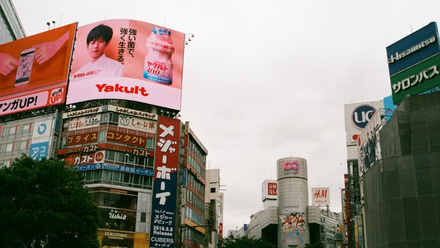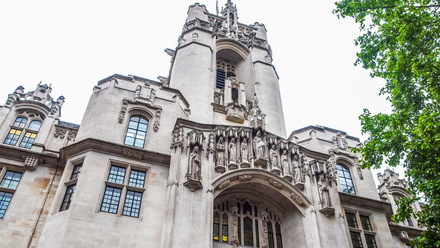Words in a crisis - rapid responses with Translators without Borders
Not all translation work can be planned for in advance. Sue Fortescue explains the work of organisation Translators without Borders
This article first appeared in the Sept-Oct 2018 edition of the ITI Bulletin.
On 14 June 2017, London woke up to find that the Grenfell Tower block was blazing, in a tragedy that hit headlines around the world. The survivors needed many things – from the basics of food and shelter to psychological support and long-term help. They needed information urgently, about what they could do now and where they might find help – and they needed this information in languages they could understand.
Translators without Borders (TWB) was the organisation that supplied that information. In total, last year we translated 10.9 million words, and since we were set up in 2011 we have translated over 61 million. We intervene in crises all over the world, including in the UK.
The operation
TWB’s origins go back to 1993, when Lori Thicke and Ros SmithThomas co-founded the organisation Traducteurs sans Frontières in France, with the aim of linking translators to voluntary sector organisations connected with health, nutrition and education.
One of our major goals is to make sure the work done by our community of translators truly makes a difference and that it increases access to health, educational and crisis information in local languages – and the NGOs for whom we do translations go through a rigorous selection process. In the same way, translators who would like to volunteer with us sign up through our website and take a test.
When there is a crisis a partner NGO may approach us for help, or we approach them. If they have text that they need translating, they will send it to us. All the translators who have signed up for that language pair will receive an email with a link to the text. Someone will respond, and take it on.
Grenfell Tower fire
On the day of the Grenfell Tower fire, TWB contacted the British Red Cross immediately. Knowing about the multicultural environment in London, we thought we might be of help, and we found our services were very much needed. We translated leaflets and other information into the languages of those affected: Arabic, Farsi, Pashto, Somali, Tigrinya and Urdu – mostly within 24 hours. We also translated Safe Space leaflets into French, Hindi, Hungarian, Italian, Japanese, Lithuanian, Polish, Punjabi, Romanian, Russian, Spanish and Tagalog. We probably used the services of one or two translators for each language.
We also supported Inquest, a charity providing expertise on staterelated deaths and their investigation to bereaved people, lawyers, advice and support agencies, the media and parliamentarians. We provided translations from English to Somali, Amharic and Tagalog of information for families bereaved by the Grenfell Tower fire. Those translations were completed within four or five days.
Rohingya refugees
communication between aid organisations and vulnerable people in the refugee camps was extremely difficult.To add to this, many of the refugees are illiterate so they need spoken language or at least translations in an audio format.
Within the first seven weeks of the crisis, TWB, with the support of volunteer translators worldwide, had translated over 100,000 words into Bengali, Burmese and Rohingya; and a team from TWB is now working on producing resources in the Rohingya language.
In June 2018 TWB also released a glossary designed to assist field workers and interpreters working on the crisis. It was developed in collaboration with technical specialists and the Rohingya community, and aims to improve communication between aid workers and the Rohingya community by providing clear and accurate translations of useful terminology in a form that can be carried in a pocket.
The text and audio Bangladesh Glossary is an online or offline web app, accessed through a computer, tablet, Android, or iOS device. Recognising the diversity within the Rohingya language, translations have been selected to be understood by the broadest possible audience. At the moment the glossary focuses on key terms used in the WASH (water, sanitation, and hygiene) sector that are challenging to translate or difficult to understand, but it will be expanded over time to include terminology relevant to other sectors, such as gender, protection and health, as well as to the overall emergency response.
ITI’s involvement: Nepal
ITI members had first-hand experience of helping TWB in a crisis on 25 April 2015. The ITI Conference was in full swing in Newcastle, and I was representing TWB as volunteer manager at the TWB stand, which had been generously provided by ITI. Just after the lunch break I received a message from Rebecca Petras, Deputy Director, TWB. She told me that there had been a massive earthquake in Nepal and that translators with a knowledge of the Nepali and Newari languages were urgently needed.
I immediately relayed the message to all my contacts, those around the stand did the same, and an announcement went out at the start of the afternoon session. We all shared the message as widely as possible. By the end of the day over 1,500 people had responded to our call, and TWB had set up a team of 25 professional translators and bilinguals, mostly from the Nepalese diaspora, as well as other willing volunteers based around the world.
The team produced translations of documents issued by the firstresponse aid agencies, including the United Nations Office for the Coordination of Human Affairs (UNOCHA), the International Committee of the Red Cross (ICRC), Humanity Road, Standby Task Force and the Communicating with Disaster Affected Communities Network (CDAC-N).
The team members, who each first completed an online TWB-developed orientation on how to respond in a disaster, worked collaboratively, translating and editing together. They:
- Translated over 500 terms into Nepali, Newari and Hindi for use by search and rescue people and by people who were monitoring messages sent out from the affected populations
- Translated, approved and sanctioned Twitter messages which contained crucial information about first aid and protection during and after an earthquake; these messages were distributed widely
- Translated and distributed a comprehensive first-aid document from English to Nepali; they also handled ‘after earthquake’ messaging and public service announcements from the Centres for Disease Control
- Monitored local language media, including print, radio and video
- Provided video transcriptions n provided translations to the International Committee of the Red Cross for the ICRC’s #familylinks programme to help find missing persons
- Created a text-to-speech tool for Nepali, specifically designed for first responders.
How can you help? Many ITI members have already registered as TWB translators – but if you haven’t, please consider signing up, even if you initially think your particular languages would not be useful. Many people don’t realise that, as well as the constant need for ‘underserved’ languages, we also need English to French and French to English translators: many underserved languages are first translated into English then into French or vice versa.
TWB translators are encouraged to use our ‘Kató’ platform (formerly known as ‘the Workspace’) to meet greater demand and accommodate a bigger community. To register, please use the Volunteer link on our website.
About the writer
Sue Fortescue worked as an English language teacher then as an IT manager in Italy, Nepal, the UK, Belgium and the US. She retired to the UK in 2011 but missed the international atmosphere so registered on the MA in Audiovisual Translation Studies at the University of Leeds. She graduated in 2013, aged 68. She is now a freelance IT>EN and FR>EN translator, and is also an Ambassador for Translators without Borders. In June 2018 she won ITI’s Industry Ambassador award.

